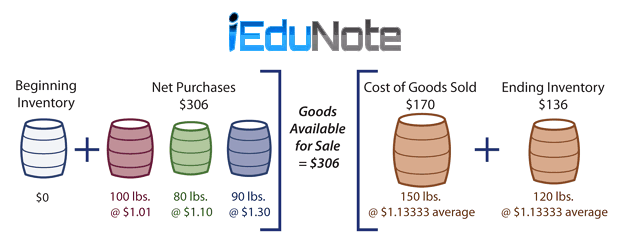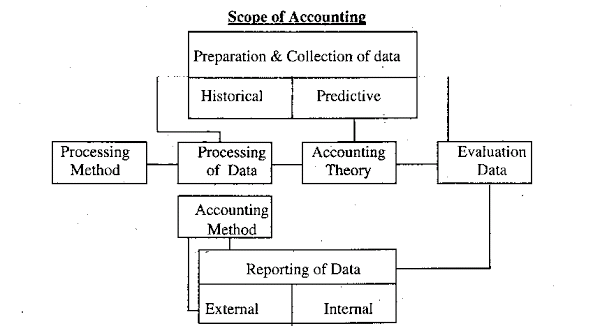Accounting principles are essential rules and concepts that govern the field of accounting, and guides the accounting process should record, analyze, verify and report the financial position of the business.
Accounting principles are the foundation of accounting according to GAAP.
These principles are used in every step of the accounting process for the proper representation of the financial position of the business.
5 principles of accounting are;
- Revenue Recognition Principle,
- Historical Cost Principle,
- Matching Principle,
- Full Disclosure Principle, and
- Objectivity Principle.
These are explained below;
Revenue Recognition Principle
Revenue Recognition Principle is mainly concerned with the revenue being recognized in the income statement of an enterprise.
Revenue is the gross inflow of cash, receivables or other considerations arising in the course of ordinary activities of an enterprise from the sale of goods, rendering of services and use of enterprise resources by others yielding interests, royalties, and dividends.
It excludes the amount collected on behalf of third parties such as certain taxes. In an agency relationship, the revenue is the amount of commission and not the gross inflow of cash, receivables or other considerations.
Historical Cost Principle
According to Historical Cost principle, an asset is ordinarily recorded in the accounting records at the price paid to acquire it at the time of its acquisition and the cost becomes the basis for the accounts during the period of acquisition and subsequent accounting periods.
Accordingly, if nothing is paid to acquire an asset; the same will not be usually recorded as an asset, e.g. a favorable location, and increasing reputation of the concern will remain unrecorded though these are valuable assets.
The justification for the use of the cost concept lies in the fact that it is objectively verifiable.
Matching Principle
According to Matching Principle, the expenses incurred in an accounting period should be matched with the revenues recognized in that period, e.g., if revenue is recognized on all goods sold during a period, the cost of those goods sold should also be charged to that period.
It is wrong to recognize revenue on all sales, but charge expenses only on such sales as are collected in cash till that period.
This concept is basically an accrual concept since it disregards the timing and the amount of actual cash inflow or cash outflow and concentrates on the occurrence (i.e. accrual) of revenue and expenses.
This concept calls for an adjustment to be made in respect of prepaid expenses, outstanding expenses, accrued revenue, and unaccrued revenues.
Matching does not mean that expenses must be identifiable with revenues.
Expenses charged to a period may or may not be related to the revenue recognized in that period, e.g. cost of goods sold and commission to salesmen are directly related to sales whereas rent, interest, depreciation accruing with the passage of time and stock lost by fire are not directly related to sales revenue yet, they are charged to the accounting period to which they relate.
Read more: 6 Constraints of Accounting
Full Disclosure Principle
According to this principle, the financial statements should act as a means of conveying and not concealing.
The financial statements must disclose all the relevant and reliable information which they purport to represent so that the information may be useful for the users.
For this, it is necessary that the information is accounted for and presented in accordance with its substance and economic reality and not merely with its legal form.
Objectivity Principle
According to the Objectivity Principle, the accounting data should be definite, verifiable and free from the personal bias of the accountant.
In other words, the Objectivity Principle requires that each recorded transaction/event in the books of accounts should have adequate evidence to support it.
In historical cost accounting, the accounting data are verifiable since the transactions are recorded on the basis of source documents such as vouchers, receipts, cash memos, invoices, etc.
At the same time, the accounting data is ‘bias-free’ since the accounting data are not subject to the bias of either management or of the accountant who prepares the accounts.
On the other hand, in value-based accounting (e.g. current cost accounting) accounting data is not bias-free because the value may mean different things for different persons.

